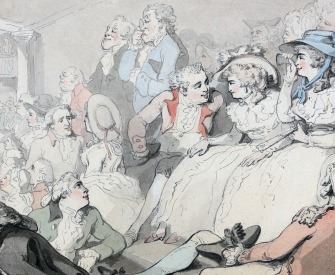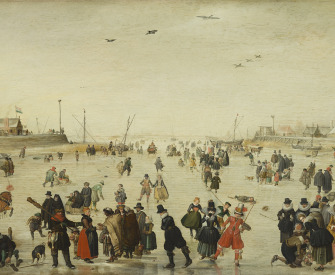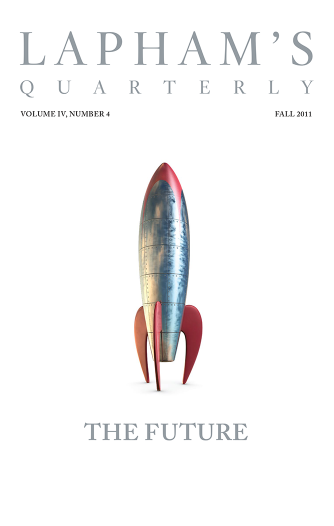Now, reader, assure yourself, at my own risk, that no quantity of opium ever did, or could, intoxicate.
As to the tincture of opium (commonly called laudanum), that might certainly intoxicate if a man could bear to take enough of it—but why? Because it contains so much proof spirit, and not because it contains so much opium. But crude opium, I affirm peremptorily, is incapable of producing any state of body at all resembling that which is produced by alcohol—and not in degree only incapable but even in kind—it is not in the quantity of its effects merely but in the quality that it differs altogether. The pleasure given by wine is always mounting and tending to a crisis, after which it declines; that from opium, when once generated, is stationary for eight or ten hours; the first, to borrow a technical distinction from medicine, is a case of acute‚ the second of chronic, pleasure; the one is a flame, the other a steady and equable glow. But the main distinction lies in this, that whereas wine disorders the mental faculties, opium, on the contrary, (if taken in a proper manner) introduces among them the most exquisite order, legislation, and harmony. Wine robs a man of his self-possession; opium greatly invigorates it. Wine unsettles and clouds the judgment and gives a preternatural brightness and a vivid exaltation to the contempts and the admirations, to the loves and the hatreds, of the drinker; opium, on the contrary, communicates serenity and equipoise to all the faculties, active or passive; and with respect to the temper and moral feelings in general, it gives simply that sort of vital warmth which is approved by the judgment and which would probably always accompany a bodily constitution of primeval or antediluvian health. Thus, for instance, opium, like wine, gives an expansion to the heart and the benevolent affections, but then with this remarkable difference, that in the sudden development of kindheartedness, which accompanies inebriation, there is always more or less of a maudlin character, which exposes it to the contempt of the bystander. Men shake hands, swear eternal friendship, and shed tears—no mortal knows why—and the sensual creature is clearly uppermost. But the expansion of the benigner feelings, incident to opium, is no febrile access but a healthy restoration to that state which the mind would naturally recover upon the removal of any deep-seated irritation of pain that had disturbed and quarreled with the impulses of a heart originally just and good. True it is that even wine up to a certain point, and with certain men, rather tends to exalt and to steady the intellect; I myself, who have never been a great wine drinker, used to find that half a dozen glasses of wine advantageously affected the faculties‚ brightened and intensified the consciousness‚ and gave to the mind a feeling of being “ponderibus librata suis” [balanced by its own weight]. And certainly it is most absurdly said in popular language of any man that he is disguised in liquor; for, on the contrary, most men are disguised by sobriety, and it is when they are drinking (as some old gentleman says in Athenaeus) that men display themselves in their true complexion of character, which surely is not disguising themselves. But still, wine constantly leads a man to the brink of absurdity and extravagance, and beyond a certain point it is sure to volatilize and to disperse the intellectual energies; whereas opium always seems to compose what had been agitated and to concentrate what had been distracted. In short, to sum up all in one word, a man who is inebriated, or tending to inebriation, is, and feels that he is, in a condition which calls up into supremacy the merely human, too often the brutal, part of his nature; but the opium-eater (I speak of him who is not suffering from any disease, or other remote effects of opium) feels that the diviner part of his nature is paramount, that is, the moral affections are in a state of cloudless serenity, and over all is the great light of the majestic intellect.
From Confessions of an English Opium-Eater. Afflicted with ague and whooping cough as a child, De Quincey excelled at the study of Latin and Greek. “That boy,” a master once said of him, “could harangue an Athenian mob better than you or I could address an English one.” De Quincey first took opium to treat a toothache in 1804 and began using the drug daily in 1812. He published his Confessions serially to wide acclaim in 1821 in London Magazine, to which he also contributed essays on suicide, Thomas Malthus, and Macbeth.
Back to Issue



